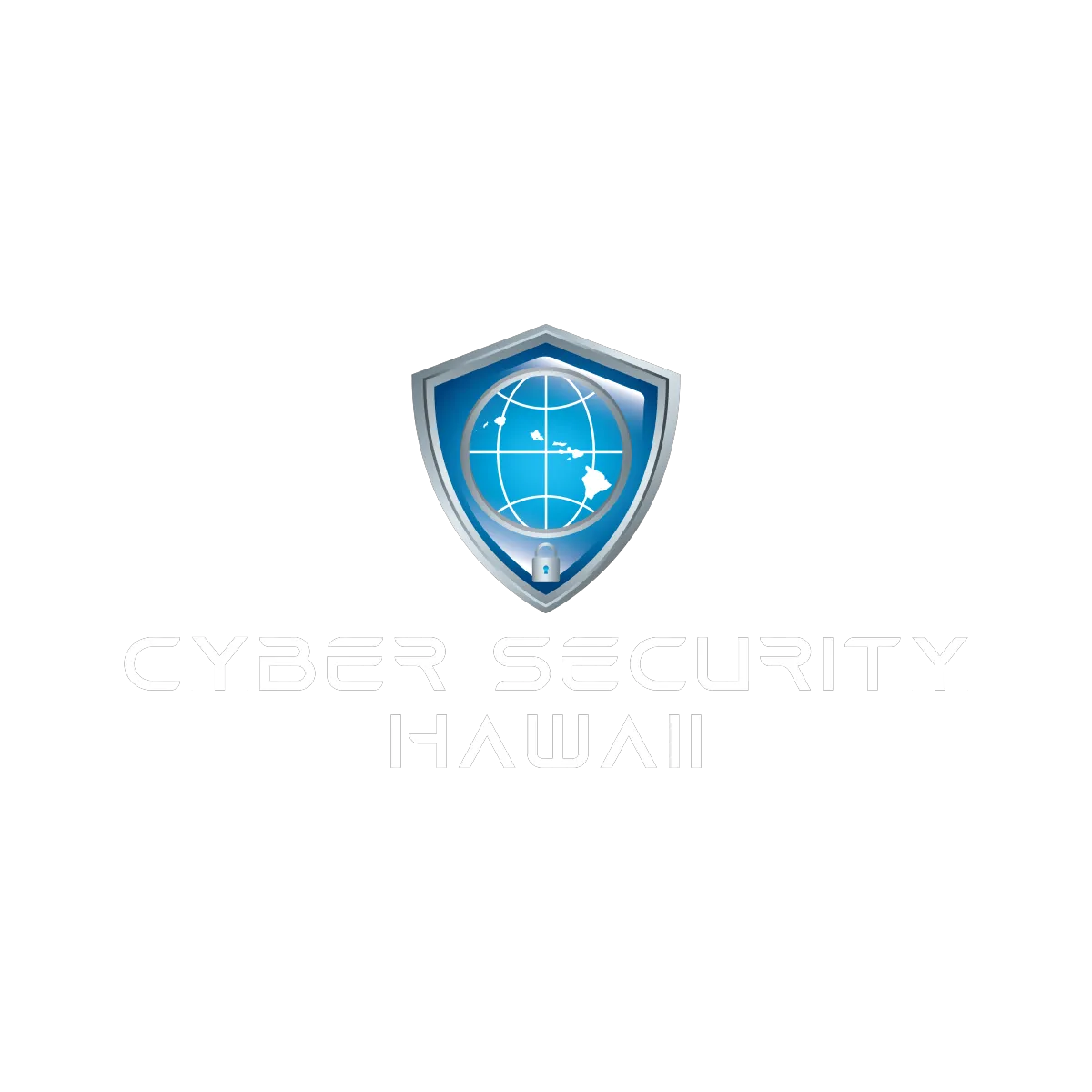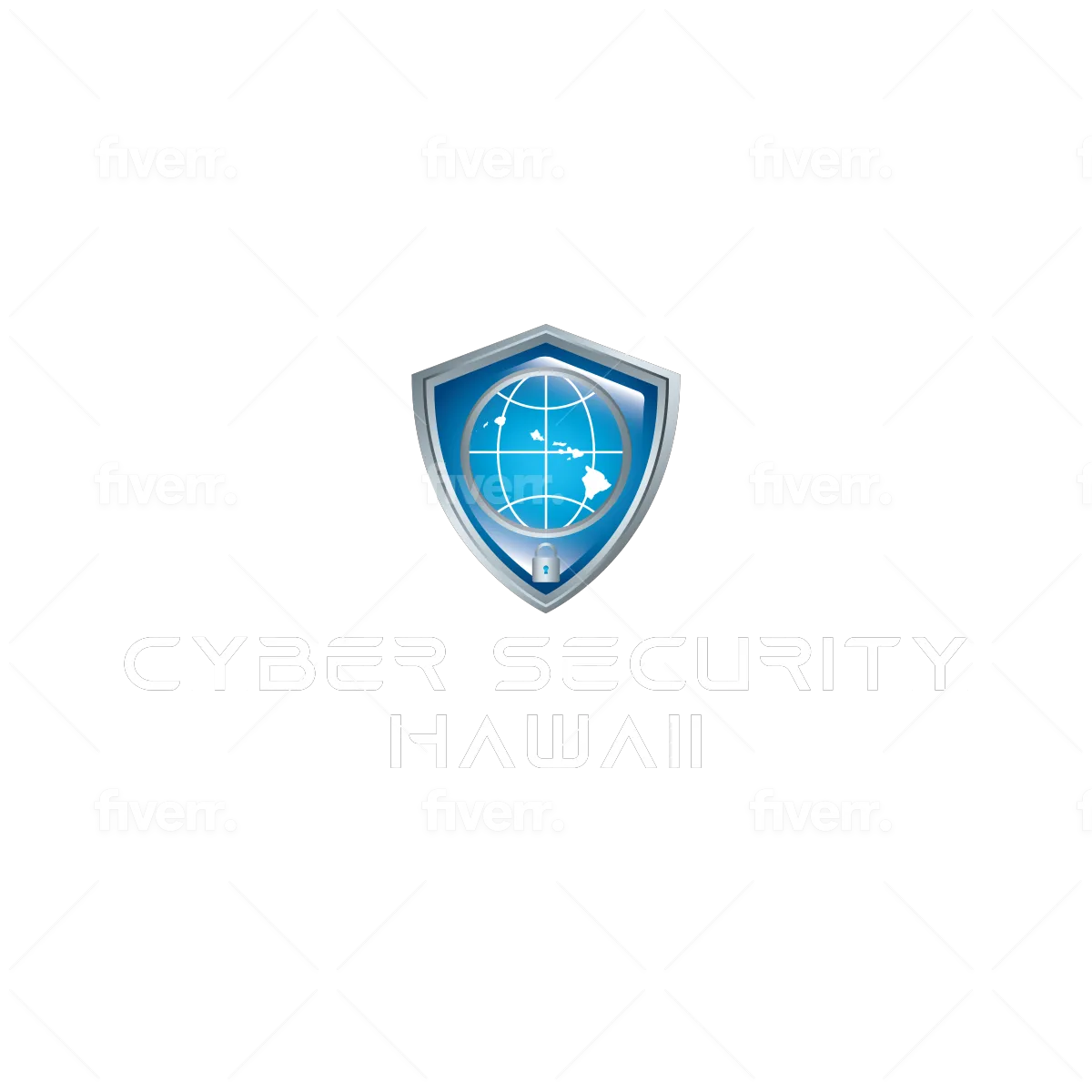Why Businesses in Honolulu and Oahu Need a Holistic Cybersecurity Approach
Cyber threats are evolving rapidly, and businesses in Honolulu and Oahu are not immune. Many small and medium-sized businesses assume that cybersecurity means installing an antivirus program or buying a bolt-on security software solution. However, true cybersecurity is holistic—it extends far beyond software and requires a comprehensive approach that includes risk management, compliance, cyber insurance, proactive monitoring, and incident response.
Cyber Security Hawaii takes a proactive and holistic approach to cybersecurity, ensuring that businesses in Hawaii are protected against threats while maintaining compliance and operational efficiency. This guide explores what constitutes a holistic cybersecurity program and why businesses on Oahu and in Honolulu must take proactive steps to secure their operations.
1. The Problem with Traditional MSP “Cybersecurity” Offerings
Most MSPs offer “cybersecurity” by selling businesses a security software solution and calling it a day. This check-the-box approach is dangerous because it creates a false sense of security. Businesses think they’re protected, only to find out their insurance won’t cover damages after an attack because they didn’t meet minimum security requirements.
Cyber Security Hawaii does things differently. We begin with:
A Cyber Insurance Review to ensure your policy is sufficient.
A Cybersecurity Risk Assessment (CSRA) to evaluate vulnerabilities.
A customized cybersecurity program that aligns with your business operations and compliance needs.
Proactive security measures mapped to industry-leading frameworks like NIST, HIPAA, FTC Safeguards, CMMC, SEC, and more.
The result? A security-first business strategy that ensures when (not if) an attack happens, your business can respond, recover, and continue operations without catastrophic losses.
2. The NIST Cybersecurity Framework: The Foundation of a Holistic Program
A truly effective cybersecurity program is built on a structured framework that guides businesses through the process of securing their digital assets. At Cyber Security Hawaii, we base our approach on the NIST Cybersecurity Framework.
The five core functions of this framework are:
1. Governance & Administration
Establish policies and procedures to ensure employees follow cybersecurity best practices.
Develop a written incident response plan and conduct quarterly roundtable exercises to simulate attacks.
Evaluate your cyber insurance policy to ensure it meets FTC guidelines and covers all necessary risks.
2. Identify: Conduct a Cybersecurity Risk Assessment (CSRA)
Inventory all assets, including computers, networks, applications, and sensitive data.
Identify where Personally Identifiable Information (PII) is stored and how it’s protected.
Understand business risk exposure and determine the best course of action.
3. Protect: Implement Proactive Security Measures
Obtain cyber insurance to ensure that the business can survive a catastrophic attack such as Ransomware.
Network segmentation to isolate critical systems from threats.
Secure SaaS platforms like Microsoft 365 to prevent email compromise and data theft.
File encryption and secure file-sharing solutions to protect sensitive data.
Immutable backups with routine test restores to ensure data recovery.
Access restrictions to prevent unauthorized access to critical business data.
4. Detect: Continuous Threat Monitoring
24x7 Security Operations Center (SOC) and Network Operations Center (NOC) to monitor for phishing, ransomware, and unauthorized access.
AI-powered anomaly detection to flag unusual activity in real time.
Log monitoring for advanced threat detection and compliance.
5. Respond & Recover: Incident Response and Business Continuity
Immediate containment and remediation of cyber incidents.
Ransomware isolation to prevent lateral movement within a network.
Coordination with insurance, legal teams, and forensic investigators to minimize liability.
Quarterly business reviews to keep security strategies up to date.
A holistic cybersecurity program follows these five steps continuously—not just once. This prepares businesses to respond to cyber incidents in a proactive manner, instead of reacting to them after damage has already occurred.
3. Compliance: Meeting Regulatory Requirements Without Disrupting Business
Businesses in Honolulu and Oahu often fall under multiple regulatory compliance requirements, including:
HIPAA (Healthcare)
FTC Safeguards Rule (Financial institutions, auto dealerships, mortgage brokers, CPAs, etc.)
CMMC (Department of Defense contractors)
SEC/SIPC (Financial services)
Cyber Security Hawaii helps businesses navigate compliance by:
Mapping NIST security controls to compliance frameworks.
Developing policies, procedures, and documentation that align with regulatory requirements.
Creating operational efficiencies while meeting cybersecurity mandates.
Providing compliance-focused cybersecurity risk assessments every six months.
Ignoring compliance doesn’t just put businesses at risk of cyberattacks—it can also result in massive fines and legal consequences.
4. The Role of Cyber Insurance: Avoiding Costly Mistakes
Most businesses in Hawaii are not prepared for a cyberattack. Many don’t carry cyber insurance, assuming that their general liability policy covers cyber incidents.
Cyber insurance is critical because:
Regulatory fines are expensive and fighting them is costly and time consuming.
Regulations require businesses to notify affected customers and provide credit monitoring and establishment of a call center after a data breach.
Businesses may need legal guidance when communicating with victims to avoid liability.
Forensic investigators are necessary to determine how the attackers got in and ensure systems are clean and secure.
Business downtime can be costly, and cyber insurance helps cover financial losses.
What to Avoid in a Cyber Insurance Policy
Amended general liability policies (they usually provide minimal coverage that won’t fully cover damages).
Lack of first- and third-party coverage.
No coverage for cyberattacks that originate outside of the US.
Excessive exclusions and sub-limits that cap payouts below what’s needed.
Failure to meet required cybersecurity measures, which can void claims.
Cyber Security Hawaii works with trusted cyber insurance partners to ensure businesses in Honolulu and Oahu have the right and sufficient coverage for their needs.
5. Why Businesses Must Act Now
Every business will be attacked. The question isn’t if, but when.
Cybercriminal organizations are evolving, leveraging AI and sophisticated tools to exploit businesses faster than ever before. These attackers operate like software companies, constantly innovating and developing new ways to breach systems.
Businesses that prepare will survive.
Cyber Security Hawaii ensures that businesses:
Know their risks through regular cybersecurity risk assessments.
Have a response plan that minimizes downtime.
Maintain regulatory compliance to avoid fines and lawsuits.
Are insured properly so claims are paid when incidents occur.
Conclusion: Take the First Step Toward Holistic Cybersecurity
A holistic cybersecurity program isn’t just about software—it’s about business risk mitigation and resilience. If you’re a business owner in Honolulu or Oahu, now is the time to take action.
Cyber Security Hawaii offers a free 15-minute consultation to help you understand your risks and build a customized cybersecurity program that works for your business.
Book Your Free Cybersecurity Consultation Today!




